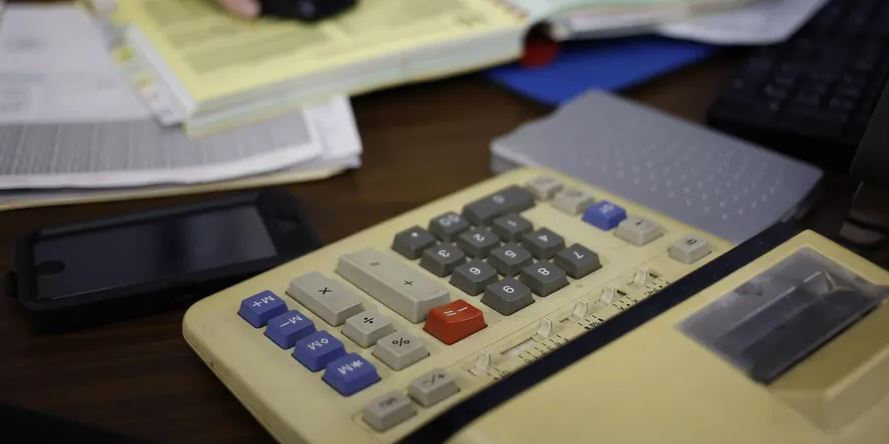
Over the past decade, cryptocurrency has transformed from a fringe financial experiment into a legitimate and growing part of the global financial system. While certified public accountants (CPAs) have been navigating crypto questions for years, 2025 has introduced a wave of policy shifts and market developments that are changing how these conversations unfold. With stronger regulations, wider adoption, and new investment vehicles available, CPAs now need to shift from cautious skepticism to informed guidance.
Let’s explore how CPAs can approach crypto conversations with clients in this new, rapidly evolving landscape and what to watch out for as the crypto market continues to mature.

A New Chapter for Crypto: What’s Changed?
Previously, CPAs could fairly warn clients to stay cautious with crypto. After all, the space was notorious for extreme price swings, regulatory confusion, and scandals like the 2022 collapse of FTX. But things have taken a decisive turn over the past 12–18 months.
Some key changes include:
- Federal and state legislative support: New laws have clarified how cryptoassets can be treated, bringing legal certainty to investors and businesses.
- Spot crypto ETFs: These investment products have made it easier for both retail and institutional investors to gain exposure to assets like Bitcoin without holding the coins directly.
- 401(k) crypto options: Previously discouraged, cryptocurrency is now more openly discussed as a potential part of retirement plans.
- FTX repayments: The FTX estate has rolled out comprehensive repayment plans, restoring some confidence after one of the industry’s darkest moments.
- Circle’s IPO: The successful public offering of stablecoin issuer Circle further legitimizes the sector.
- Banking regulators’ actions: The OCC and FDIC have created pathways for traditional financial institutions to participate in crypto operations.
These developments signal to clients that crypto is no longer just for early adopters and speculators; it’s entering the mainstream. However, the tax and accounting side of the crypto story remains a work in progress.
Don’t Let FOMO Drive Decisions
Thanks to the steady stream of positive crypto news, many clients may approach their CPAs with a sense of urgency, or even fear of missing out (FOMO). For example, Bitcoin briefly dipped to around $70,000 in early 2025, only to recover to nearly $100,000 by May. That kind of movement can create excitement, but also anxiety.
Clients may be thinking about:
- Allocating part of their business treasury to crypto.
- Accepting crypto as payment.
- Advising others on whether crypto fits their financial goals.
In each case, CPAs must help clients weigh enthusiasm with reality. Crypto is still volatile, and past performance doesn’t guarantee future gains. CPAs should remind clients that crypto investments should align with their business model and financial strategy, not market hype.
Tax Complexity Still a Barrier
Despite regulatory progress, taxes remain one of the biggest hurdles when it comes to adopting crypto for business or investment purposes. Almost every crypto-related action, from trading, spending, or converting, triggers a taxable event. This can create complicated reporting obligations, particularly for:
- High-frequency traders.
- Businesses using crypto in operations.
- Individuals receiving crypto as compensation.
Two major changes are looming on the tax horizon:
- IRS Code Section 6045: Expands broker reporting rules to cover digital assets.
- IRS Code Section 6050I: Requires reporting of cash-like crypto transactions over $10,000, similar to traditional cash reporting rules.
Additionally, the shift to a universal wallet tracking system will further complicate how gains and losses are recorded. These new rules will take effect starting January 2026. Meanwhile, DeFi broker reporting regulations, originally planned for 2027, have been postponed but not canceled.
CPAs play a critical role here. Clients may not understand the full tax impact of their crypto transactions until it’s too late. By staying informed and offering proactive tax planning, CPAs can help clients avoid penalties and build confidence in their crypto strategies.
Strong Internal Controls Are a Must
One myth that needs to be addressed is the idea that blockchain-based assets are automatically secure. While blockchains themselves are resilient, crypto platforms and users remain vulnerable to cyberattacks, fraud, and human error.
Take the recent Coinbase data breach as an example. Despite being one of the most trusted and heavily regulated crypto exchanges, the company suffered a security incident due to social engineering attacks targeting employees. This serves as a wake-up call: even the best infrastructure can’t prevent breaches if internal controls are weak.
CPAs should advise all clients engaging with crypto to implement:
- Clear crypto policies and approval processes.
- Segregation of duties in crypto custody and trading.
- Secure private key and wallet management.
- Regular audits and risk assessments.
For startups, small businesses, and individual investors alike, internal control frameworks are essential, not optional. And CPAs are uniquely positioned to design and assess these systems.
Preparing for the Future
Crypto is no longer a niche asset class. As 2025 progresses, traditional finance and crypto are converging in new and exciting ways. CPAs must now be ready to:
- Discuss crypto not just as an investment, but as part of business operations.
- Interpret evolving tax rules and help clients stay compliant.
- Assess risk and build control systems for businesses using digital assets.
By becoming knowledgeable and proactive, CPAs can offer tremendous value to clients navigating the complexities of this new financial era.
The crypto landscape may still be maturing, but one thing is clear: CPAs are no longer on the sidelines; they’re essential guides on the path forward.























